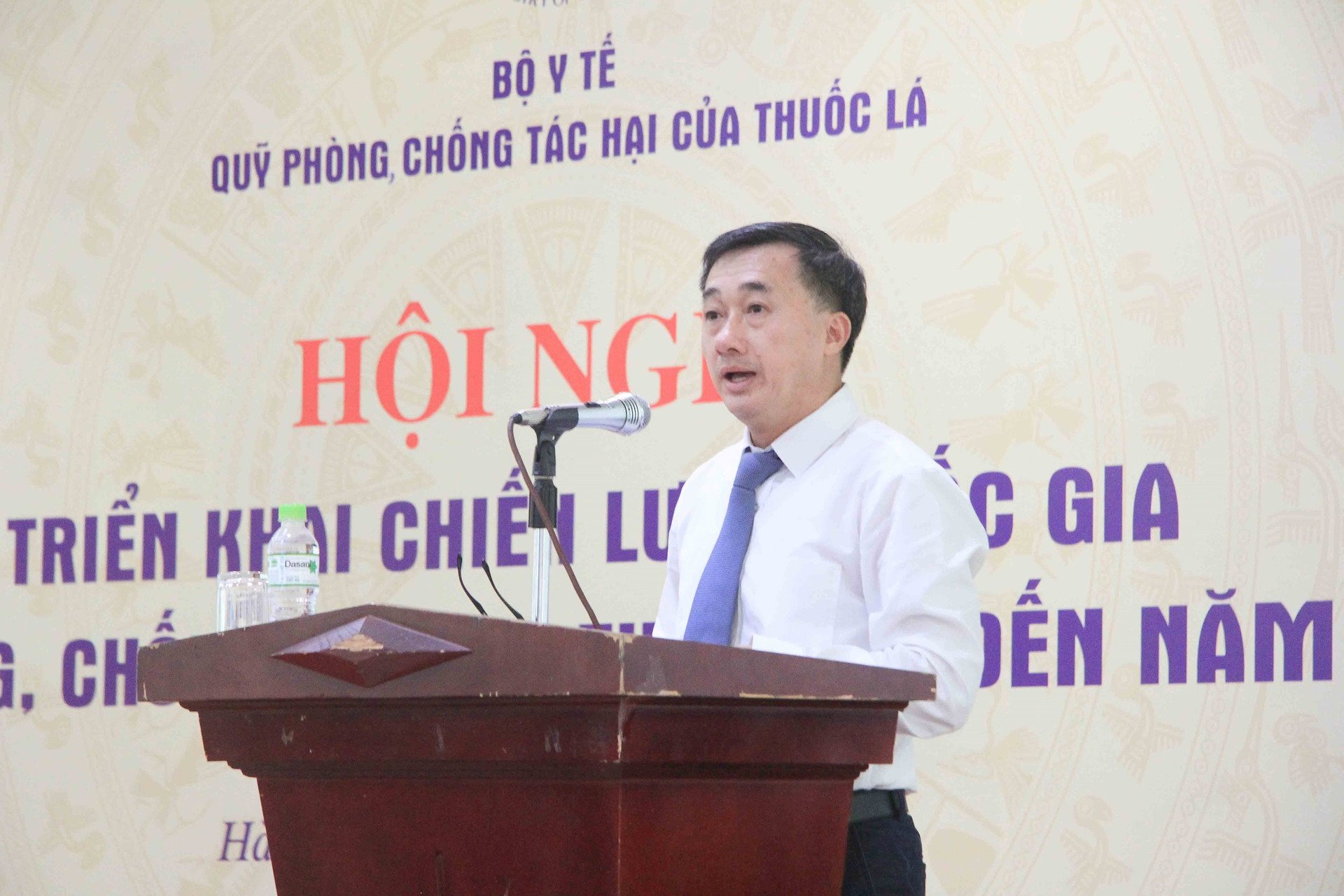
In his opening remarks at the conference, Professor Tran Van Thuan, Deputy Minister of Health, stated that according to the World Health Organization, tobacco use causes more than 8 million deaths globally each year and is one of the factors that increase the risk of respiratory infections and worsen the severity of respiratory diseases. It is also a leading cause of non-communicable diseases such as cancer and cardiovascular disease, with an estimated 60,000 cancer cases annually in Vietnam.
Furthermore, smokers are at a higher risk of serious health complications from COVID-19 compared to non-smokers. Besides the health risks, tobacco use also causes economic losses for individuals, families, and society. These losses include spending on cigarettes, costs for medical examinations and treatment related to smoking, reduced productivity due to illness, and premature death. According to statistics from the Ministry of Health, Vietnam remains among the countries with the highest number of smokers in the world.
In recent years, products known as e-cigarettes, heated tobacco products, and shisha have emerged. These products are currently not permitted for import, sale, or circulation in the domestic market, and their use is increasing among students.
Currently, inspection, monitoring, and handling of violations of tobacco control laws are not carried out regularly; tobacco cessation support services have been implemented but have not met the requirements of tobacco control; inter-sectoral coordination in tobacco control is limited and has not received sufficient attention at all levels and sectors; the widespread availability of tobacco products, low prices, and low tobacco taxes also contribute to easier access to tobacco products, thus reducing the effectiveness of tobacco cessation efforts.
In response to the dangers of tobacco, on May 24, 2023, Deputy Prime Minister Tran Hong Ha signed Decision No. 568/QD-TTg promulgating the National Strategy on Tobacco Control until 2030, with objectives tailored to each implementation phase and building strong, comprehensive solutions to effectively implement tobacco control. This strongly affirms the Vietnamese Government's commitment to strengthening tobacco control efforts and outlines the tasks and plans for this work in the coming period.
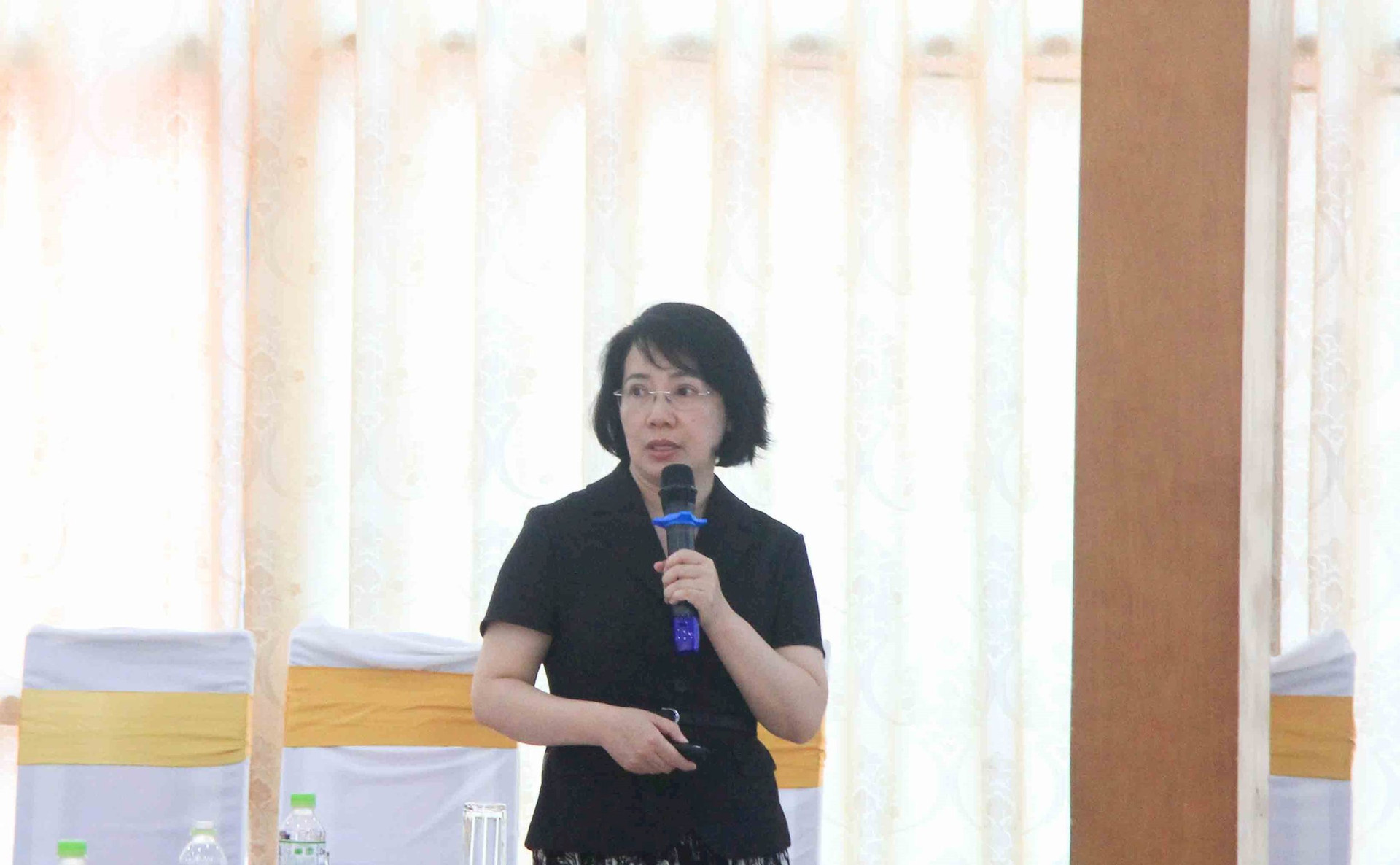
Reporting on the results of tobacco control activities in Vietnam during the 2021-2022 period, Ms. Phan Thi Hai, M.Sc., M.D., Deputy Director of the Tobacco Control Fund, stated that in 2021-2022, the Fund implemented Article 29 of the Law on Tobacco Control according to nine key tasks in supporting tobacco control, such as communicating about the harmful effects of tobacco and tobacco control through short film competitions to raise awareness about tobacco control among young people, and coordinating with press agencies, ministries, and the Central Youth Union to launch tobacco control movements.
Expanding and replicating numerous "smoke-free" model projects in agencies and workplaces; Organizing community-based campaigns and initiatives on tobacco control; Implementing various smoking cessation programs such as free tobacco cessation counseling hotlines and software for managing and monitoring individuals undergoing smoking cessation; Expanding and replicating community-based smoking cessation models by establishing and maintaining smoking cessation counseling services for healthcare workers at the local level to assist those in need of quitting; Enhancing the capacity and network of collaborators working on tobacco control; Conducting evidence-based research to support tobacco control efforts; Integrating tobacco control into appropriate educational programs at all levels; Developing solutions for transitioning tobacco farmers to other occupations.
Through the activities carried out by the Fund in 2022, the smoking rate among male students aged 13-15 decreased from 6.3% to 4%; the rate of exposure to secondhand smoke in public places, such as workplaces, decreased significantly from 42.6% to 30%; and the rate of people receiving smoking cessation counseling increased from 40.5% to 72.2%. This shows that the efforts of the Tobacco Control Fund have achieved certain effectiveness in tobacco control within the community.
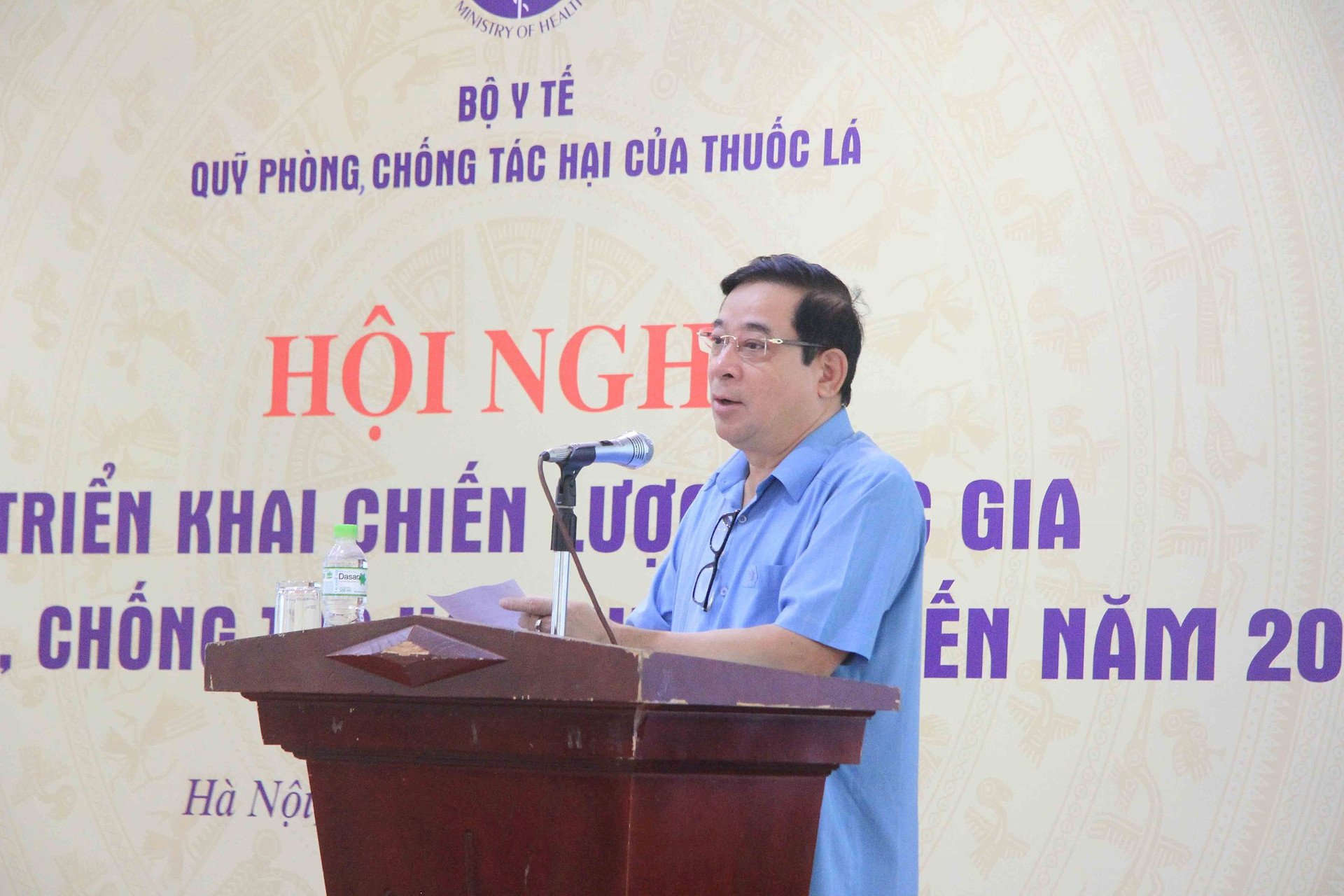
People's Physician, Associate Professor, Dr. Luong Ngoc Khue – Vice Chairman of the National Medical Council – Director of the Tobacco Control Fund, outlined the objectives of the National Strategy on Tobacco Control until 2030. Accordingly, it is necessary to reduce the rate of tobacco use and the rate of passive exposure to tobacco smoke in order to reduce illness and death caused by the use of tobacco products.
Associate Professor Dr. Ngoc Khue also presented implementation solutions within the Strategy, focusing on improving mechanisms, policies, and laws regarding tobacco harm prevention and control, such as: Developing a roadmap for increasing taxes on tobacco products to ensure that by 2030, the tax rate on the retail price aligns with the recommendations of the World Health Organization; Proposing regulations to prevent the use of e-cigarettes, heated tobacco products, shisha, and other new tobacco products in the community; Strengthening the leadership of Party committees and government at all levels, and inter-sectoral coordination in tobacco harm prevention and control.
At the same time, it is necessary to strengthen inspection, supervision, and handling of violations, and innovate information, education, and communication activities; promote scientific research, improve the monitoring system, and consolidate and enhance capacity, network, and international cooperation; proactively and actively integrate and strengthen cooperation with the World Health Organization and other international and domestic organizations in research, evaluation, and policy development in the field of HIV/AIDS prevention and control.
Therefore, to implement the Strategy, the Prime Minister has assigned specific tasks to ministries, sectors, provincial and city People's Committees, and relevant agencies. The Ministry of Health is designated as the focal point for coordinating with other ministries, sectors, organizations, and associations to implement the Strategy; ministries, sectors, and organizations are to develop implementation plans according to their assigned functions and tasks; provincial and city People's Committees under the Central Government are required to develop implementation plans and proactively organize the Strategy within their management authority; and mass media agencies are to actively participate in implementing the Strategy according to their assigned tasks.
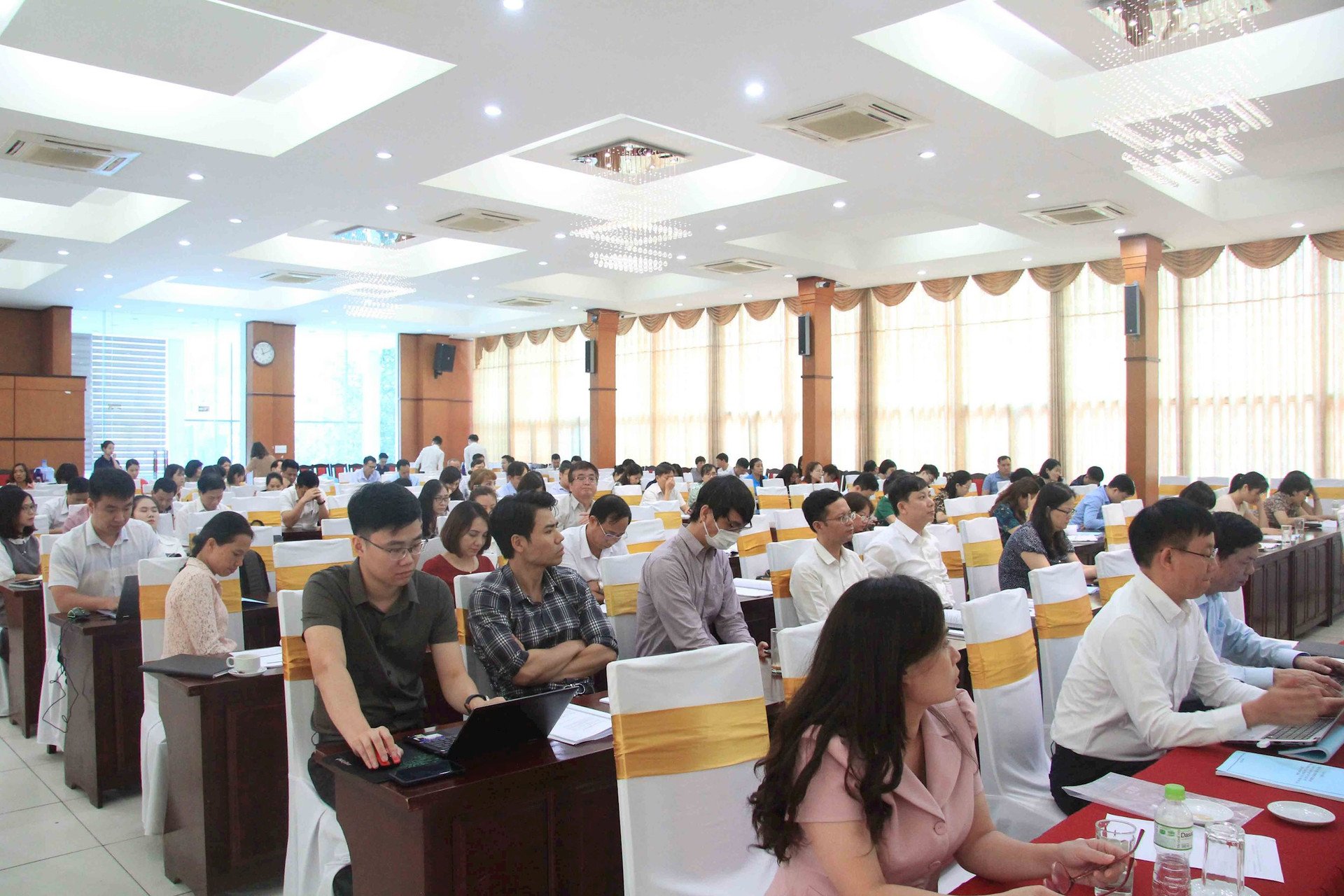
The conference received significant attention, exchange, and discussion from representatives of various agencies and organizations, who contributed ideas and suggestions for developing numerous plans and solutions to implement the National Strategy on Tobacco Control.
Source









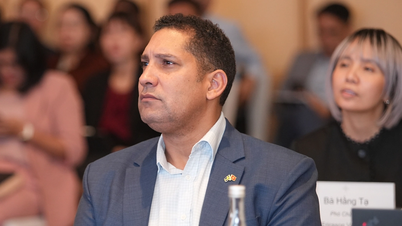







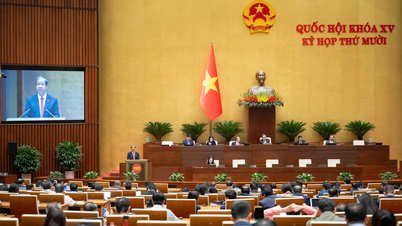

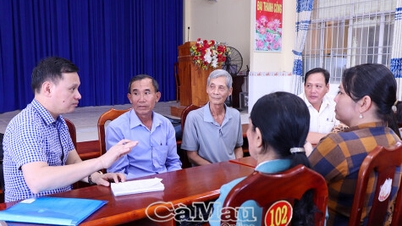









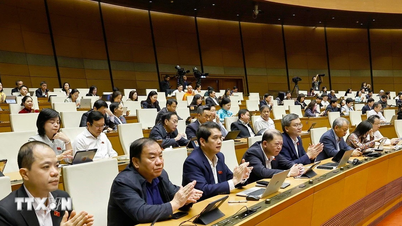






































































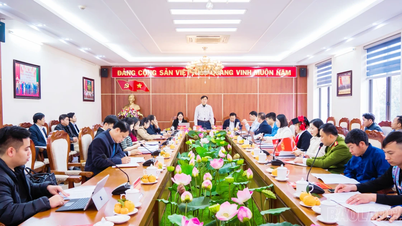













Comment (0)